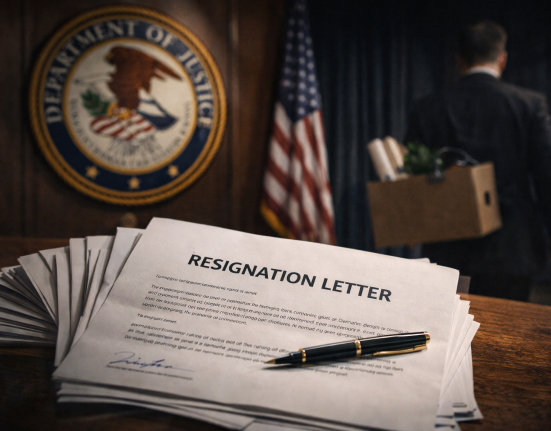Kilmar Abrego Garcia—a Salvadoran national living in Maryland with U.S. citizen family—was detained by ICE on August 25, 2025, following a mandatory check-in at the Baltimore ICE office. His arrest comes shortly after he was released from criminal custody on human smuggling charges, which he denies being politically motivated. Now, under the Trump administration’s new deportation strategy, he is being processed for deportation to Uganda—a plan his legal team argues is coercive, unjust, and violates due process. (turn0news34,
Abrego Garcia had previously been mistakenly deported to El Salvador in March 2025 despite having legal protection status due to credible threats. The U.S. courts ordered his return, and he was brought back in June. His case has since become emblematic of systemic failures in immigration enforcement. (turn0search55)
After refusing a plea deal that would have sent him to Costa Rica in exchange for pleading guilty, ICE detained him again—prompting his attorneys to file a new federal lawsuit to block his deportation and protect his right to a fair trial. The motion triggered an automatic delay, pending further legal proceedings. (turn0news30, turn0news33)
His legal team argues that deportation to Uganda, a country with which he has no connection, could expose him to persecution. They view the threat of deportation as a coercive tactic from the administration aimed at forcing a guilty plea—measures that can undermine due process rights. (turn0news33)
Supporters rallied at the ICE office in Baltimore, while court filings temporarily delayed deportation. Authorities, however, continue to argue Abrego Garcia remains removable due to alleged previous infractions, despite existing protections. (turn0news31,)
Key Points
- Abrego Garcia was mistakenly deported to El Salvador despite protected status; was returned to the U.S. by court order.
- He refused a plea deal tied to deportation to Costa Rica and now faces deportation to Uganda without clear basis.
- His legal team asserts this case demonstrates retaliation and due process violations, prompting emergency court filings to delay further action.
- Supporters rallied, and legal timelines temporarily halted his removal.
Projections & Implications
- Legal Outlook: Courts will review due process concerns, forcible deportation issues, and ICE’s limitations—particularly under Maryland’s 72-hour advance notice requirement.
- Precedent Potential: The outcome could shape future challenges to deportations perceived as punitive or coercive, especially in immigration cases with political overtones.
- Public Discourse: With intense media attention and activist involvement, this case may influence public and legislative discussions on immigration enforcement and executive overreach.








Leave feedback about this
You must be logged in to post a comment.